I’ve always felt that the one thing Snowpiercer needed was to slow down. What Bong Joon-ho did, back in 2013, was distil the concepts put forth in the now classic Lob/Rochette graphic novel, “Le Transperceneige”, and superimpose them onto an action adventure genre film. And while Curtis Everett’s revolution in the movie was a thrilling two hour journey with a potent message and a sense of purpose, I always felt that there was so much more to the world that warranted exploring.
But don’t worry if you missed it. You wouldn’t be the only one. Bong Joon-ho’s Snowpiercer was one of those movies that no one actually caught during its brief stint in cinemas, but was later seized by film geeks and cineastes as a part of their repertoire of cult classics that “they just can’t believe you haven’t seen”.
The movie, which doesn’t quite live up to its own ambition, is about as subtle as a car crash. On a boat.
In trying to be so many things – a political satire, a dark tale of social unrest, a campy actioner – Snowpiercer, the movie, can feel a little bloated; with its many zany monologues and some rather tightly stretched exposition. Consider it the early work of a director who would go on to further refine those very same themes in both Okja and Parasite.
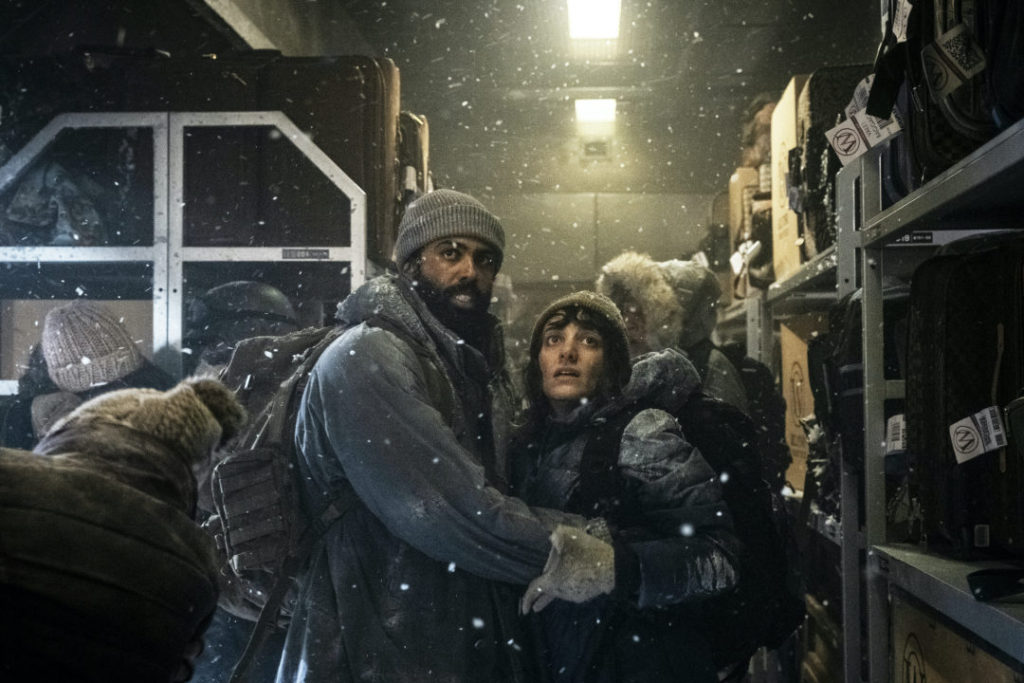
Every review you’re going to read about this series will have something to say about the 2013 movie. I’m here to tell you that none of it matters. With Snowpiercer, the graphic novels, the movie, and this series, are such different beasts that they can be enjoyed, by themselves, as distinctly individual and separate things. They aren’t supplemental to one another in any way. Your experience of one will neither enrich nor diminish your experience of the other.
This approach often makes for the best kind of adaptation. One that builds on the idea first put forward in the comics, and then takes it in exciting new directions. (It’s why those Marvel movies work so well. It’s the reason the Abrams reboot of Star Trek was so clever.) This isn’t a remake. This isn’t a reboot. What these episodes do, is simply tell more stories within the Snowpiercer universe. What they allow for, is a show that is far more relevant and timely. While the metaphor of the Holocaust train still looms large, it is nevertheless employed to address concerns more pressing to our times.
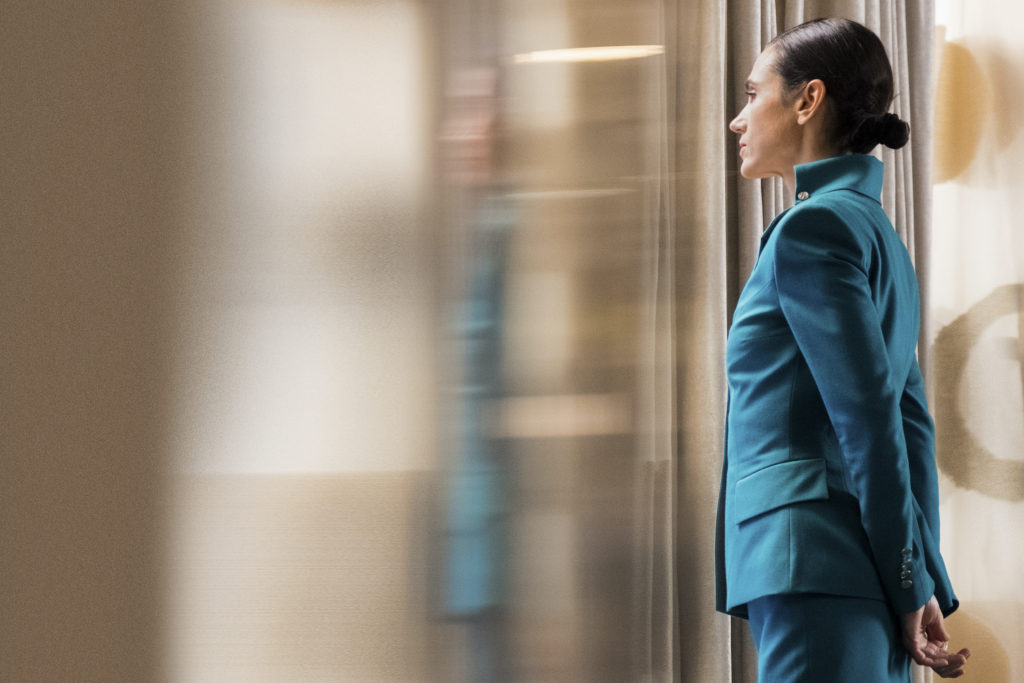
This series opens with a brief animated sequence (an homage to the comics upon which it’s based) which establishes everything you need to know about the world. Humanity’s hubris has left the planet a barren, frozen wasteland, that’s unable to support life. And Earth’s last remaining survivors live on-board a massive train, the eponymous Snowpiercer, that ceaselessly circumnavigates the globe.
The train, which was designed and built to be an ark by the magnanimous and mysterious Mr. Wilford, is society in microcosm. It is one part Thomas Piketty thesis, and one part Terry Gilliam dystopia, with its inhabitants leading very different lives across its 1001 cars, where the unfettered opulence of first class slowly makes its way to squalor and disease as you approach the back of the train.
Among all those impoverished and oppressed is where we find this version’s protagonist, Andre Layton (Daveed Diggs). A homicide detective in the old world, and now the unlikely leader of lower class unrest, he is recruited against his will by the all-seeing, all-knowing voice of Snowpiercer, Melanie Cavill (Jennifer Connelly), to solve a series of murders that have taken place on the train.
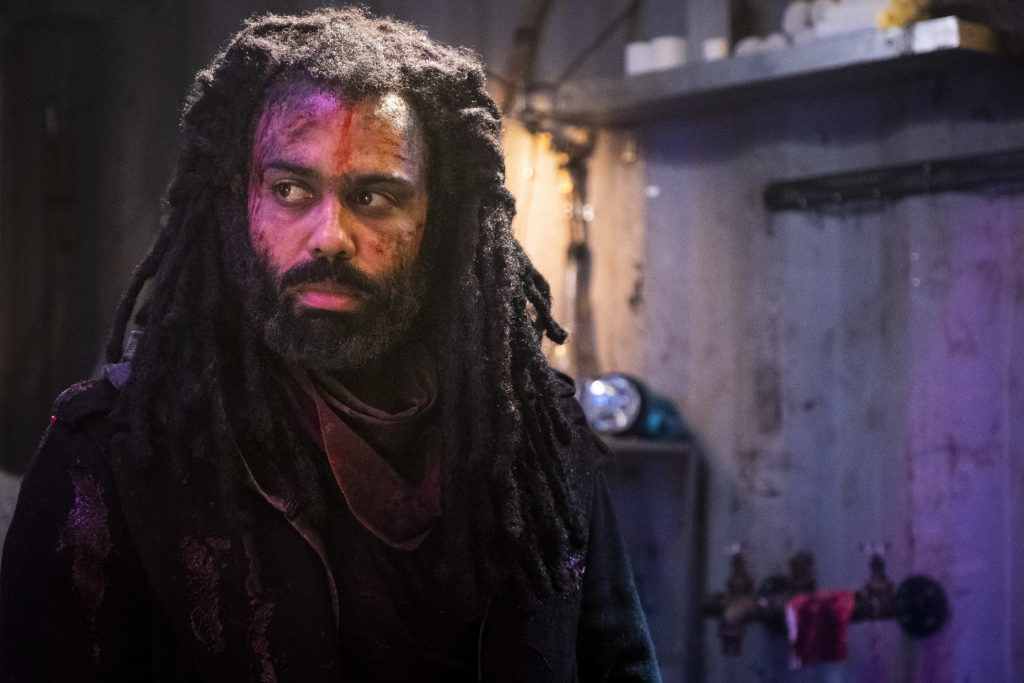
That is how this story begins, by cleverly employing the format and formula of a police procedural for its first few episodes as a way to introduce you to this savage and strange new world. It also serves to set up a mystery, provide backstory, and lay out the philosophical differences between our two leads – which make up the core conflict of the series.
Both Layton and Melanie are different sides of the same coin. Each employing similar methods, and justifying their brutal means, in order to achieve their own ends. One fighting for freedom. The other for order.
Connelly and Diggs are magnificent. But so are their supporting cast. By opening every episode with a different narrative voice-over, Snowpiercer leans into its ensemble and uses them to explore all manner of intricate ideas in order to create a large and lived-in world. What this also does is get you invested in more than just the two leads, lending credibility to the ideas posited by the series about how every individual is crucial in keeping the engine eternal.
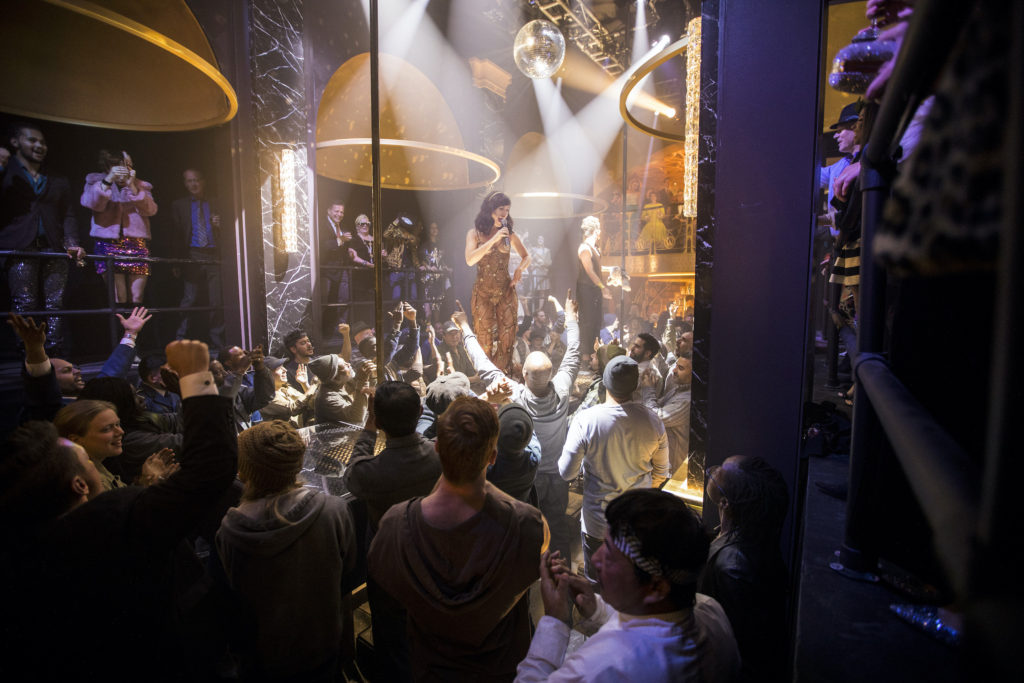
This television adaptation of Snowpiercer is a resounding success. For a series with such a troubled production history, I am amazed that what we got has such a clear sense of direction.
One that takes you far deeper into the world than both the comics and the movie. It gives you more time with these characters. It allows for different kinds of conflicts. It asks different questions.
Snowpiercer was always a story about survival. There is no Eden. There is no light at the end of the tunnel. They’re hamsters in a wheel, always running, but going nowhere. This is all that’s left of humanity and this is all humanity has left. This is their world and Mr. Wilford is quite literally their God.
Snowpiercer, the series, isn’t just about an oppressed class that’s revolting against the powers that be. It is a meditation on the the foundations of democracy. It is a statement on taking control of the historical narrative. It is a brutal look at how far we would go in order to ensure the safety, security, and continued existence of the human race.
Bong Joon-ho’s movie was the story of a war. This is the story of a society.
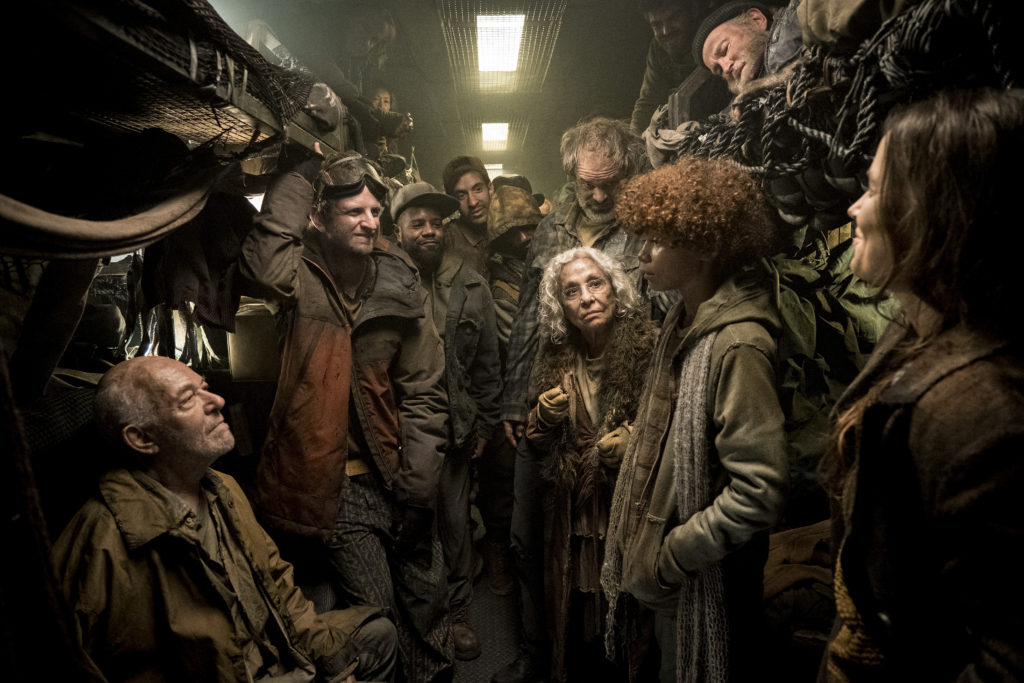
Since you’re here, don’t forget to check out our interview with the series showrunner, Graeme Manson. While you’re at it, you might as well read our interview with Daveed Diggs, where we tells us what Snowpiercer and Hamilton have in common. But wait, there’s more. We’ve also got a podcast special where you can find out what Bahir and Iain think about the series.
Snowpiercer
Netflix/TNT, Season 1, 10 episodes
Showrunner: Graeme Manson
Cast: Daveed Diggs, Jennifer Connelly, Mickey Sumner, Annalise Basso, Sasha Frolova, Alison Wright, Lena Hall, Katie McGuinness, Benjamin Haigh, Roberto Urbina, and Sheila Vand

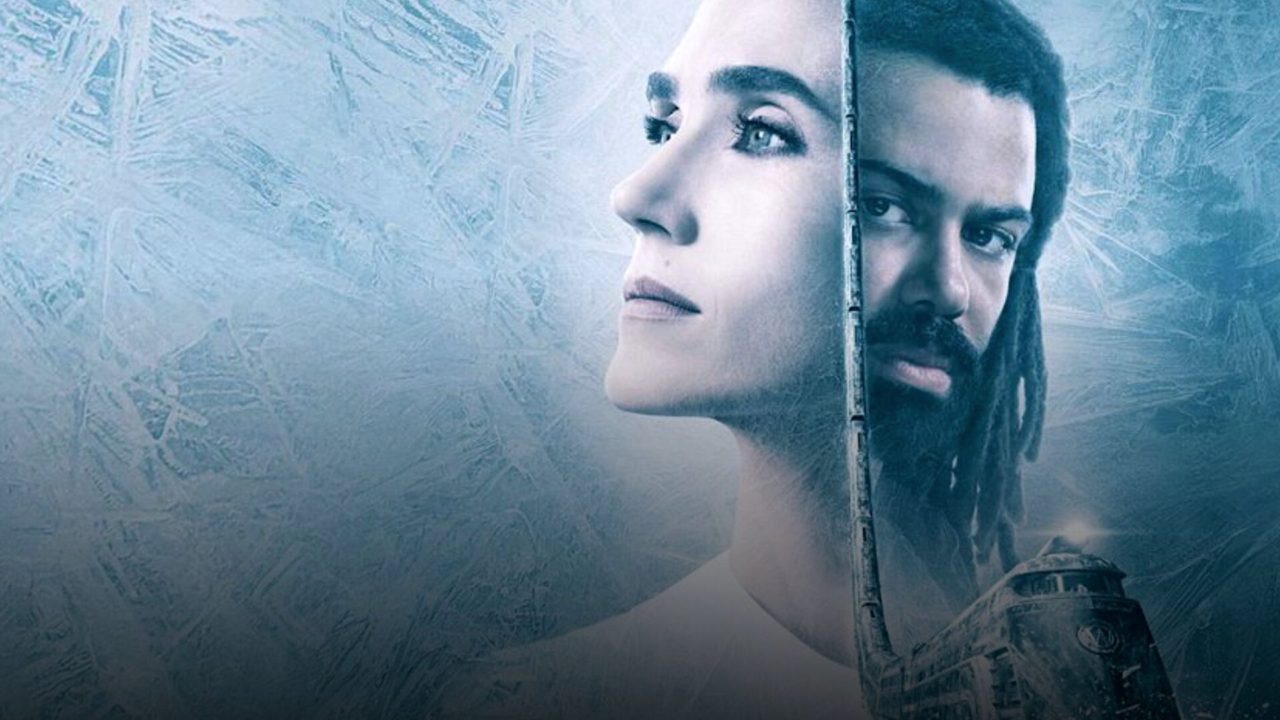
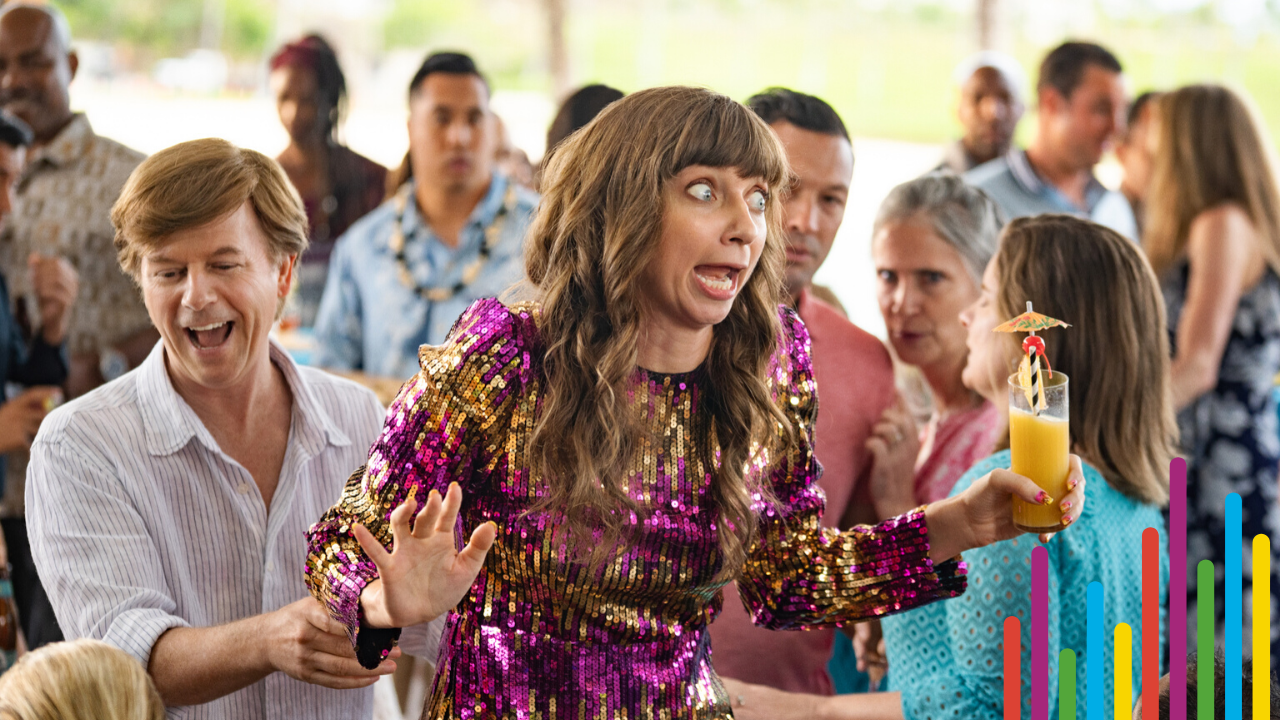
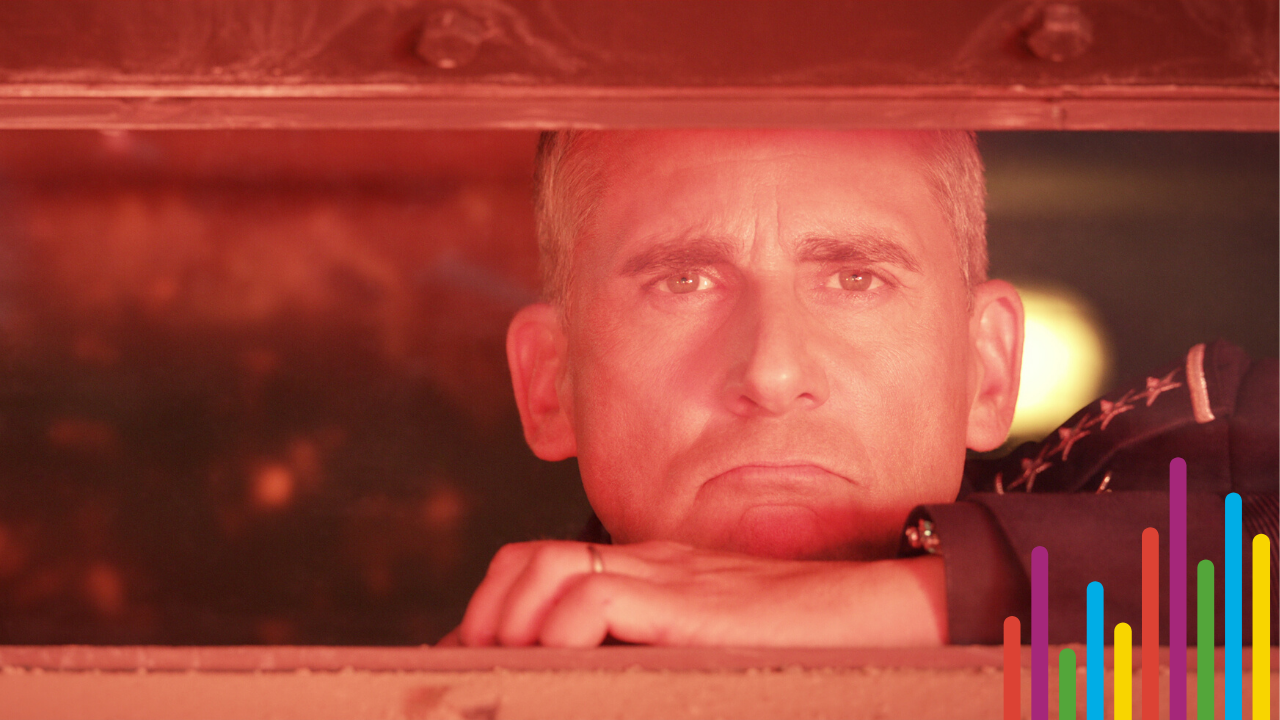
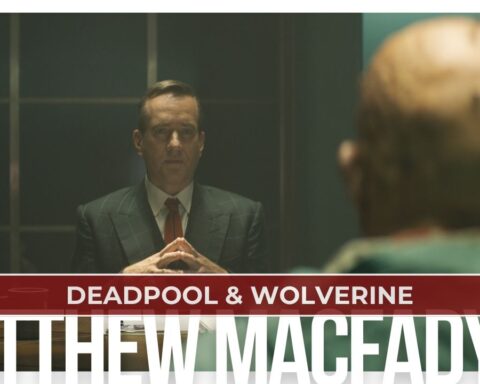
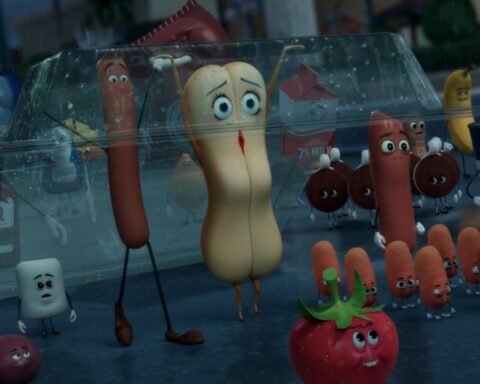

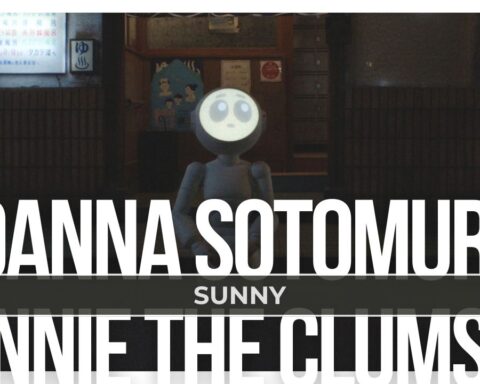
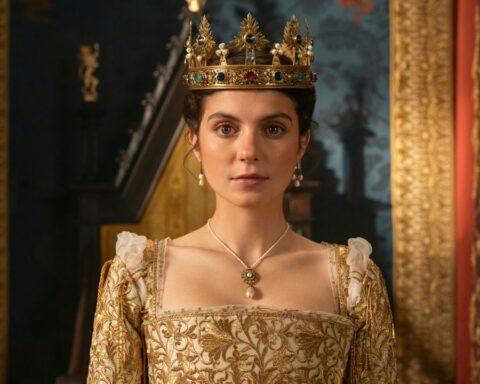
Follow Us